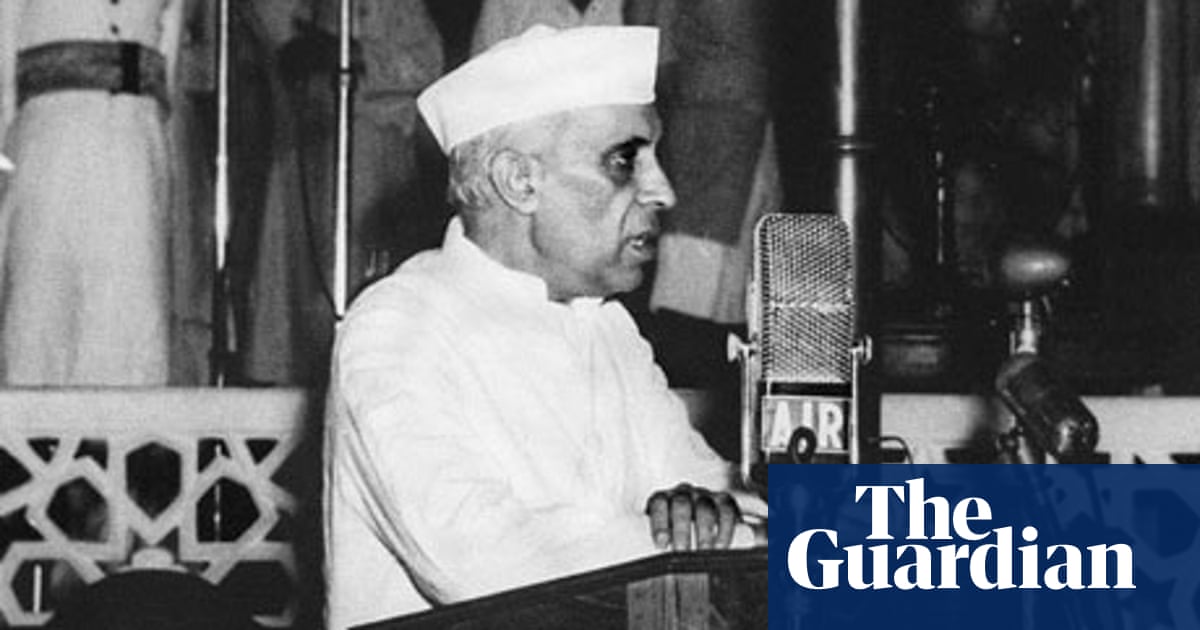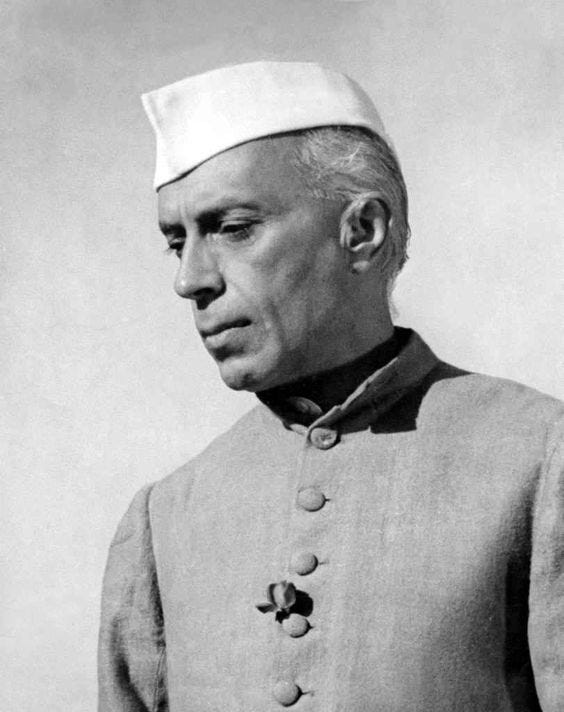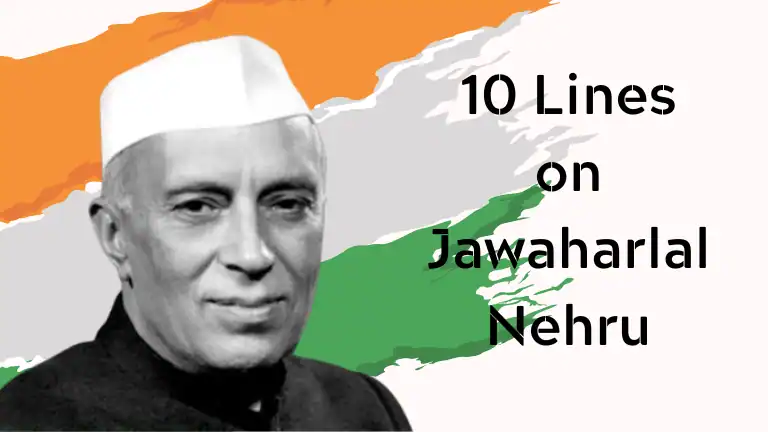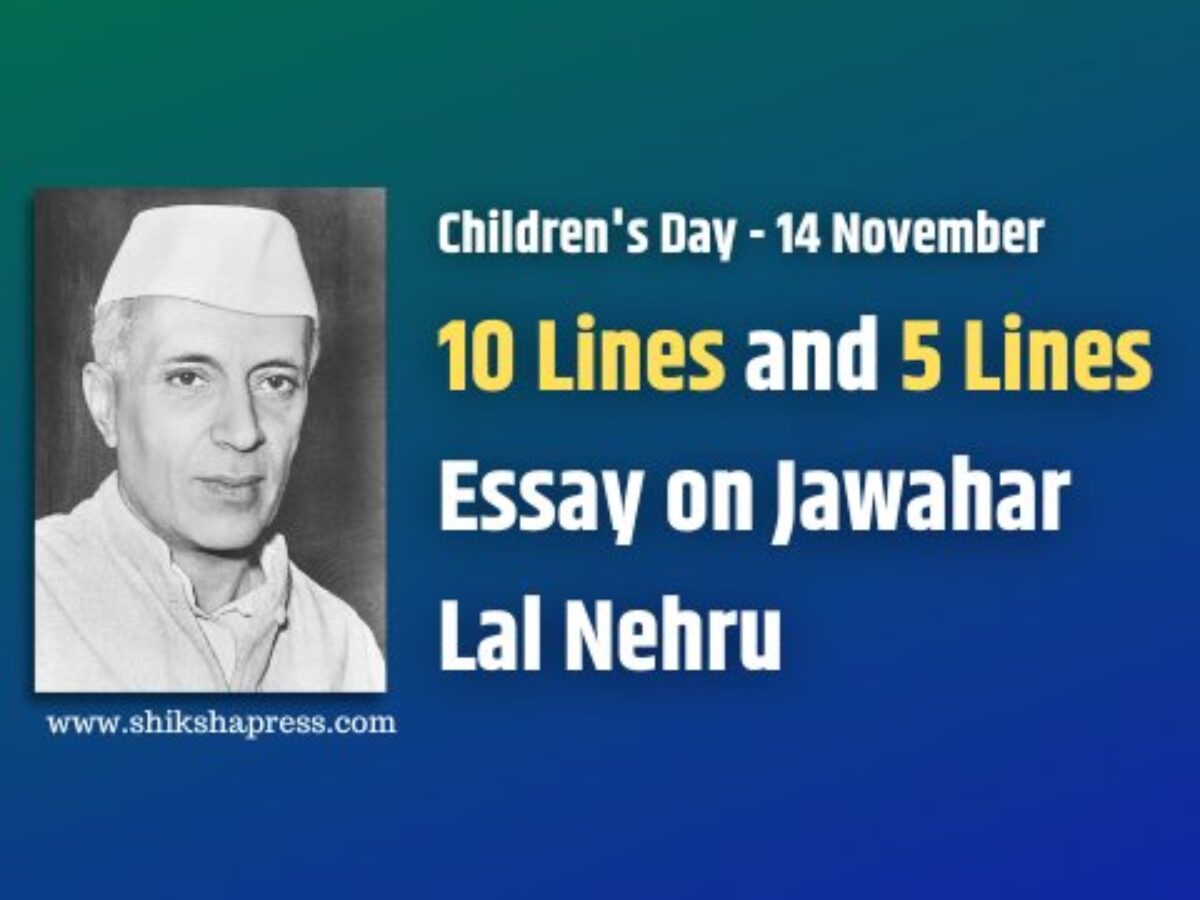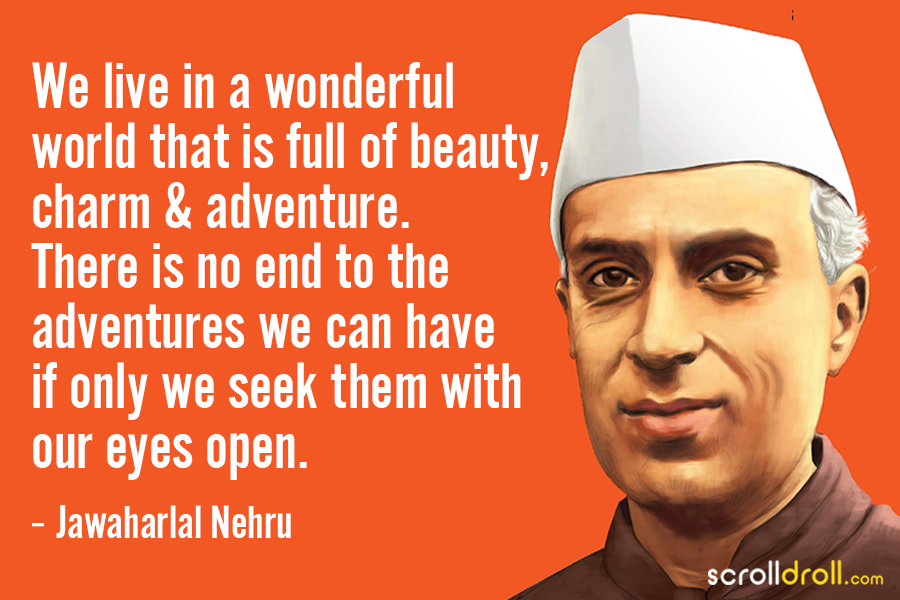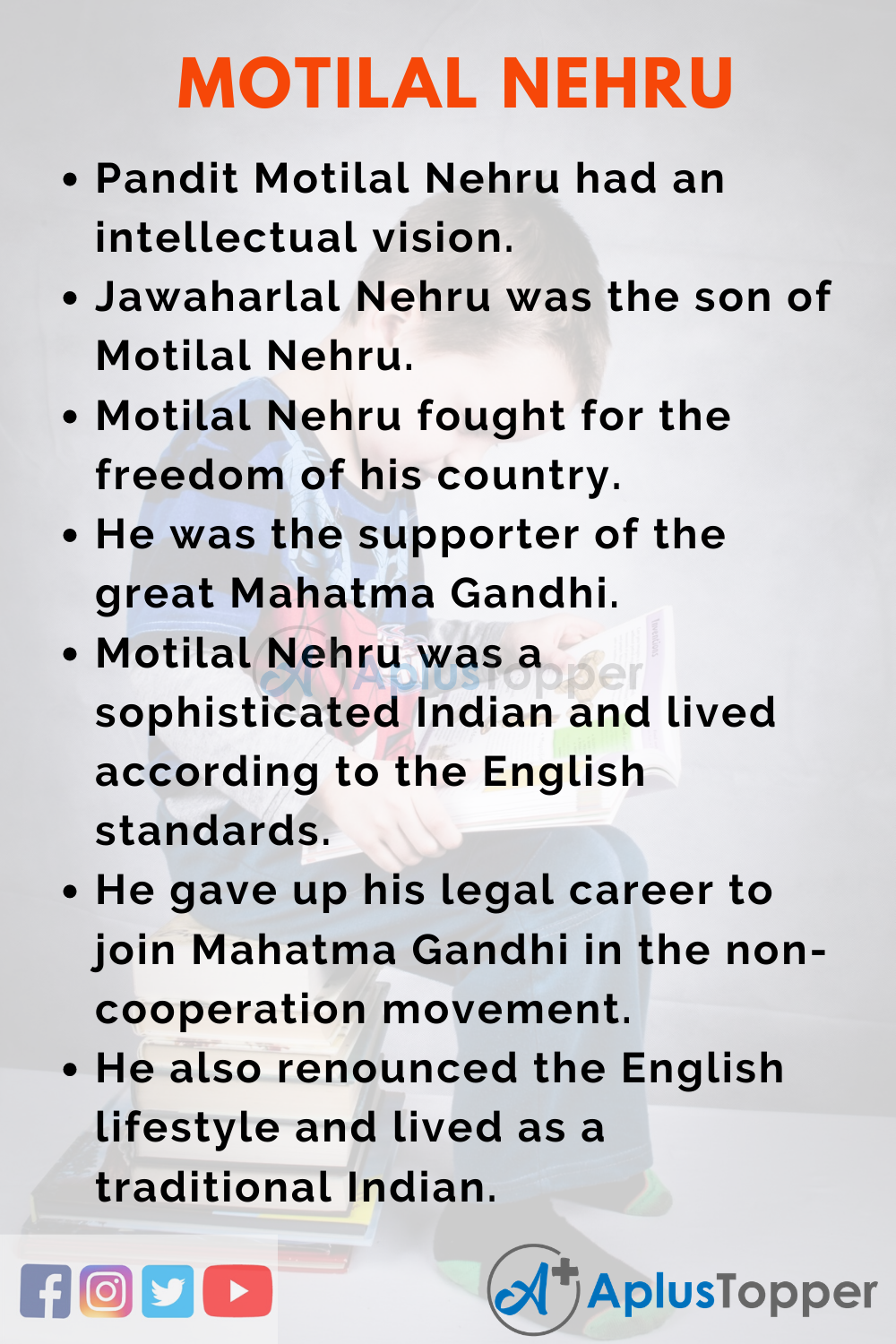Jawaharlal Nehru was the first Prime Minister of India, serving from 1947 until his death in 1964. He was a key leader in the Indian independence movement, and is considered to be the architect of modern India. Nehru was born into a wealthy and influential family in Allahabad, India, in 1889. He received a western-style education, studying at Trinity College, Cambridge and the Inner Temple in London, before returning to India to join the independence movement.
Nehru was a member of the Indian National Congress, and he worked closely with Mahatma Gandhi in the struggle for independence from British rule. He was arrested several times for his participation in protests and boycotts, and he spent a total of nine years in jail for his activism. After India gained independence in 1947, Nehru became the country's first Prime Minister, and he served in this role for 17 years.
During his tenure as Prime Minister, Nehru implemented a number of significant reforms and policies that transformed India into a modern, industrialized nation. He promoted the idea of a "mixed economy," combining elements of capitalism and socialism, and he implemented a number of development programs, including the "Five-Year Plans," which aimed to improve the country's infrastructure, agriculture, and industry.
Nehru was also a strong advocate for international peace and cooperation, and he played a key role in the creation of the Non-Aligned Movement, which sought to promote neutrality and cooperation among countries that were not aligned with either the Western or Eastern blocs during the Cold War.
Overall, Jawaharlal Nehru's contributions to India's independence and development have made him an important figure in the country's history. He is remembered as a visionary leader who laid the foundations for a modern, progressive India.
